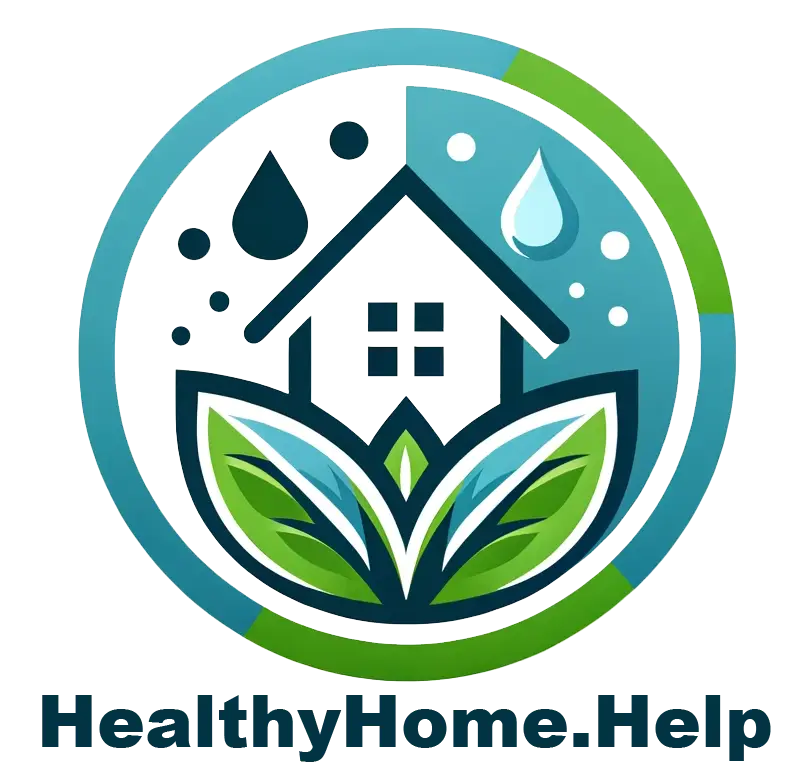CREDENTIALS AND CERTIFICATIONS
For Indoor Environmental Professionals (IEPs), holding reputable credentials or certifications is critical to establishing their expertise and reliability. These credentials are typically issued by recognized professional organizations after completing rigorous training, examination, and often, continuing education requirements. Here are some of the most reputable certifications in the field:
AMERICAN COUNCIL FOR ACCREDITED CERTIFICATION (ACAC)
- Council-certified Indoor Environmental Consultant (CIEC) – Issued by the American Council for Accredited Certification (ACAC), this certification requires a high level of experience and education in indoor environmental diagnosis and consulting. It’s designed for professionals who can demonstrate expertise in identifying and resolving indoor environmental issues.
- Council-certified Indoor Environmentalist (CIE) – Also from the ACAC, this certification is for professionals with a comprehensive understanding of indoor air quality issues, including assessment strategies, sampling techniques, and remediation principles. It’s a bit less rigorous than the CIEC but still highly respected.
INDOOR AIR QUALITY ASSOCIATION (IAQA)
- Board Certified Indoor Environmental Consultant (BCIEC) – Offered by the Indoor Air Quality Association (IAQA), this credential signifies a consultant’s ability to diagnose indoor environmental issues and recommend solutions based on a comprehensive assessment.
- Certified Industrial Hygienist (CIH) – Offered by the American Board of Industrial Hygiene (ABIH), this certification focuses on the science of protecting the health and safety of people in the workplace and the community. While broader than just mold assessment, it covers a wide range of environmental hazards, including indoor air quality.
NATIONAL ORGANIZATION OF REMEDIATORS AND MOLD INSPECTORS (NORMI)
- Certified Mold Inspector (CMI): This NORMI certification focuses on equipping professionals with the skills needed to conduct thorough mold inspections. It covers understanding mold biology, health impacts, and inspection techniques to identify mold infestations accurately.
- Certified Mold Remediator (CMR): The CMR certification from NORMI is aimed at professionals who perform mold remediation. It includes training on safe and effective mold removal techniques, creating remediation plans, and ensuring that remediation efforts are successful in eliminating mold problems.
- Certified Indoor Air Quality Consultant (CIAQC): This NORMI certification is designed for individuals who provide a broader range of indoor air quality (IAQ) consulting services. It covers a wide array of IAQ concerns, including but not limited to mold, providing a comprehensive understanding of factors affecting indoor air quality.
THE INSTITUTE OF INSPECTION, CLEANING AND RESTORATION CERTIFICATION (IICRC)
- Applied Microbial Remediation Technician (AMRT): This certification focuses on mold and sewage remediation techniques. Professionals learn about microbiology, containment, antimicrobial cleaning techniques, and safety protocols, providing them with comprehensive knowledge to address mold issues effectively.
- Water Damage Restoration Technician (WRT): While not exclusively about mold, the WRT certification covers the principles of water damage restoration, which is closely related to mold prevention and remediation. Understanding the fundamentals of water damage can help professionals prevent mold growth as a secondary effect.
- Applied Structural Drying Technician (ASDT): This certification complements the WRT certification by teaching effective drying techniques. Quick and efficient drying of water-damaged areas is crucial in preventing mold growth, making this certification valuable for professionals in the field.
- Health and Safety Technician (HST): The HST certification is designed to ensure that professionals are aware of and can effectively manage health and safety risks on the job, including those related to mold exposure and remediation.
- Indoor Air Quality Technician (IAQ): While not one of the IICRC’s most common certifications, if offered, this certification would focus on a broader range of indoor air quality issues beyond mold, including contaminants and ventilation issues that can impact health and comfort in indoor environments.
RESTORATION INDUSTRY ASSOCIATION (RIA)
- Certified Mold Professional (CMP) – This certification, offered by the, focuses specifically on mold remediation. It’s designed for professionals with extensive experience in mold remediation projects, including understanding of the health effects of mold exposure.
- Water Loss Specialist (WLS): While not exclusively focused on mold, the WLS certification covers comprehensive aspects of water loss and its subsequent effects, including mold growth. It’s relevant for professionals who deal with the aftermath of water damage and seek to prevent or mitigate mold issues as part of their services.
PROFESSIONAL MOLD INSPECTION INSTITUTE (PMII)
- Certified Mold Inspector (CMI) – This certification is offered by the Professional Mold Inspection Institute (PMII) and focuses on the skills needed for mold inspection.
- Certified Mold Remediator (CMR) – This certification is also offered by the PMII and focuses on the skills needed for mold remediation.
SUMMARY
When choosing and IEP, it’s important to consider certifications as they indicate a professional’s commitment to their field, adherence to industry standards, and ongoing education. Additionally, ensure that the professional is in good standing with the issuing organization and that their certifications are current, as this reflects their dedication to maintaining up-to-date knowledge and skills in a rapidly evolving field.

